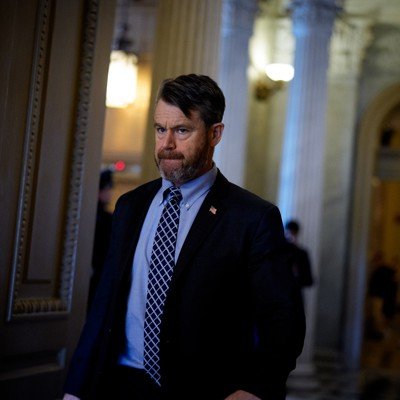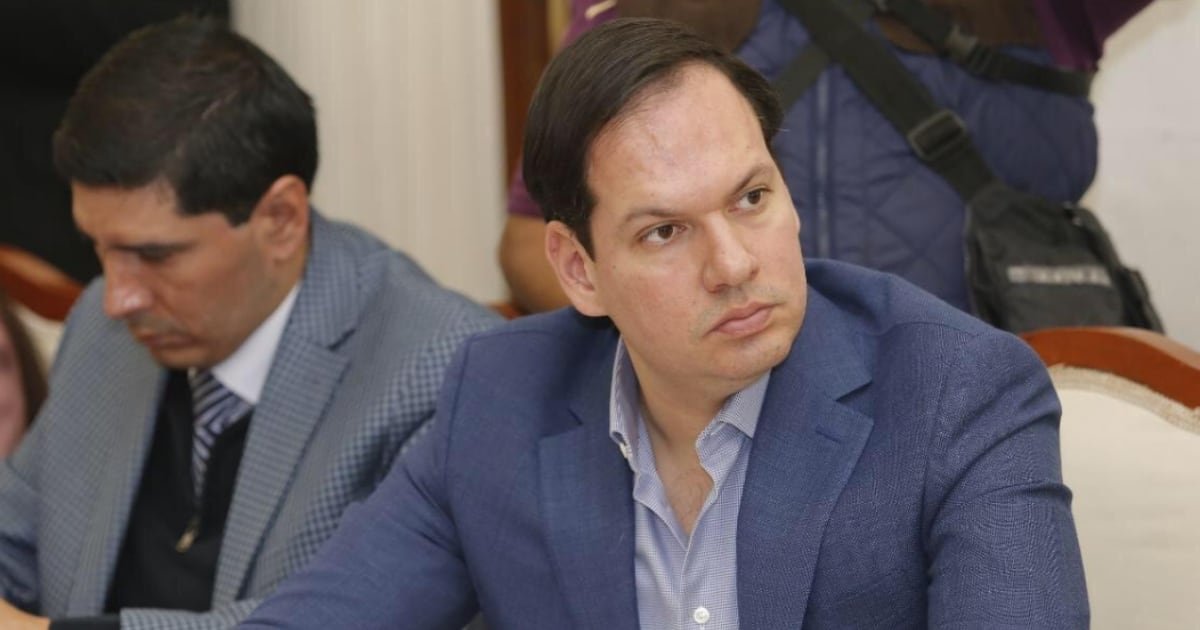The Senate working group on the national security ramifications of biotechnology is angling to publish and deliver new policy recommendations to the Trump administration “in short order,” that will suggest how the U.S. can optimize its biotechnology research and development ecosystem.
Sen. Todd Young, R-Ind., who chairs the National Security Commission on Emerging Biotechnology, spoke on Wednesday during a With Honor event about the role biotechnology plays as a threat and asset to the U.S. national security posture.
Young said that, following the group’s recent report that spotlighted 49 biotech policy recommendations, he asked fellow commission members to work with other expert stakeholders to create a separate series white papers outlining what a stronger U.S. biotech research landscape needs.
“I’ll be delivering our findings to the administration in short order, in the hope that they might find … a reworked, more efficient research enterprise compelling,” Young said. He told Nextgov/FCW on the sidelines of the event that the forthcoming report is still in development.
Young’s rationale for bolstering the U.S. biotechnology enterprise has roots in both national security and domestic policy issues. On the national security front, he said that the congressional commission’s findings documented that the U.S. was falling behind in key biotechnology categories, particularly in biomanufacturing innovation.
China has taken the lead in biomanufacturing, a discipline that leverages biological processes to aid in the creation of substances like food, medicine and materials. Young said that investing more in this sector could aid U.S. warfighters, as well as activate economic sectors in rural America.
“The biomanufacturing opportunities in a state like Indiana are enormous,” he said.
Young also acknowledged that ensuring continued investment in the U.S. research enterprise –– which has faced funding cuts in the second Trump administration –– is intrinsic to advancements in emerging areas like biotechnology. But he said the government needs to spend federal dollars tactfully.
“It’s peculiar that we wouldn’t continue to robustly invest in the national scientific enterprise at this moment in history. I still think we need to double down on it,” he said. “That said, in order for that to politically be operationalized, we’re going to have to bring all the American people along, and that means being sensitive to … concerns about fiscal responsibility, not wasting money on projects that are hard to defend.”
Congress has long paid attention to investing in and fortifying the U.S. biotechnology sector, which is poised to further advance through developments in artificial intelligence technology.
Young, who is also a member of the Senate AI Working Group, told Nextgov/FCW that focusing on the intersection of AI and biotechnology could help “reenergize” the group to expand their AI policy focus.




